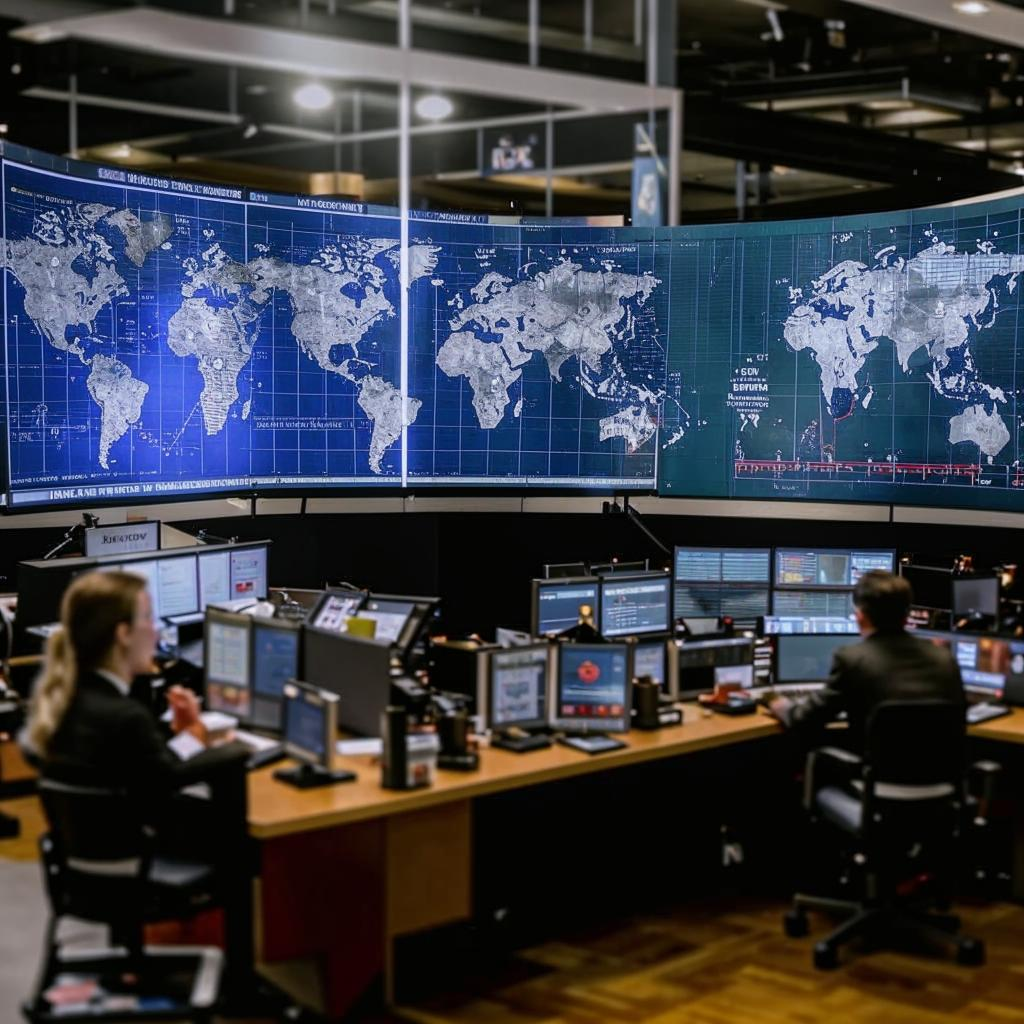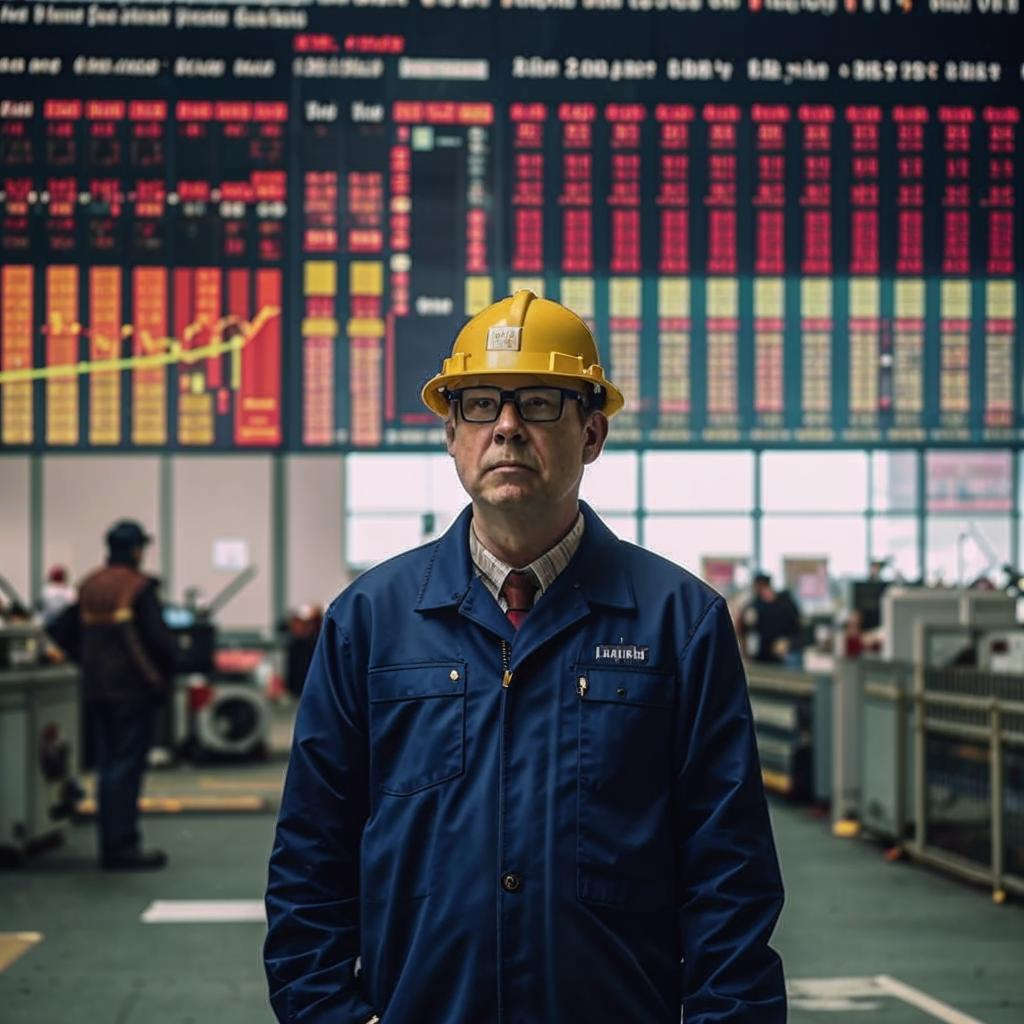Amidst growing global economic uncertainty, former President Trump has reaffirmed his commitment to using tariffs as a key tool in trade negotiations, particularly with China. This stance comes at a time when markets are already experiencing considerable volatility due to concerns about inflation, interest rate hikes, and potential recession.
Trump’s insistence on tariffs, especially the threat of increasing them if certain conditions aren’t met, has raised anxieties among investors and businesses alike. The fear is that escalating trade tensions could disrupt supply chains, increase costs for consumers, and ultimately hinder economic growth. Several sectors, including manufacturing, agriculture, and technology, are particularly vulnerable to the impact of tariffs.
Economists are divided on the effectiveness of tariffs as a negotiating tactic. Some argue that they can provide leverage and incentivize trading partners to make concessions. However, others contend that they often lead to retaliatory measures, harming domestic industries and consumers in the process. The current market jitters reflect a broader uncertainty about the potential consequences of a protracted trade war and its impact on the global economy. As Trump continues to advocate for tariffs, businesses and investors are closely monitoring the situation, bracing for potential disruptions and adjusting their strategies accordingly. The future of trade relations and market stability remains highly dependent on the evolving dynamics of these high-stakes negotiations.














